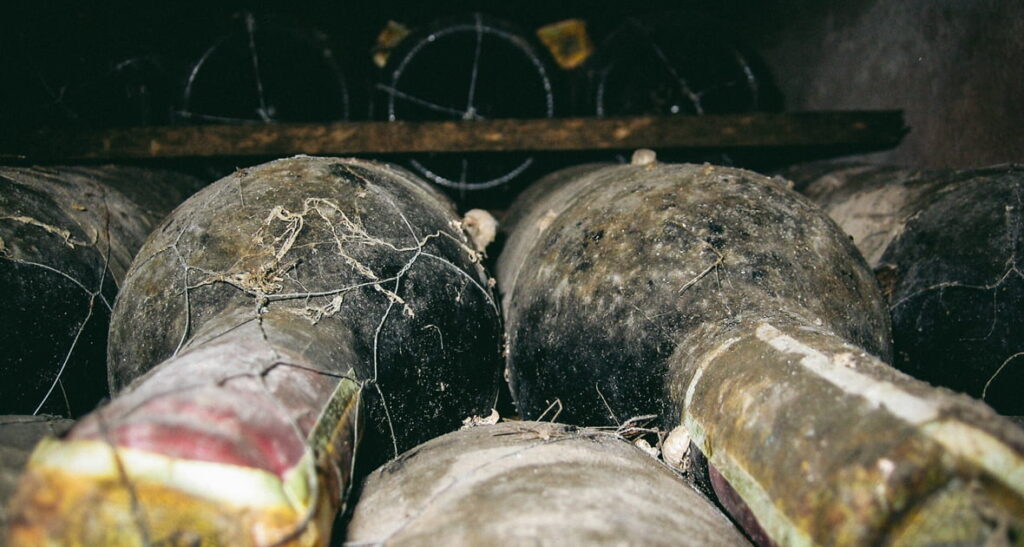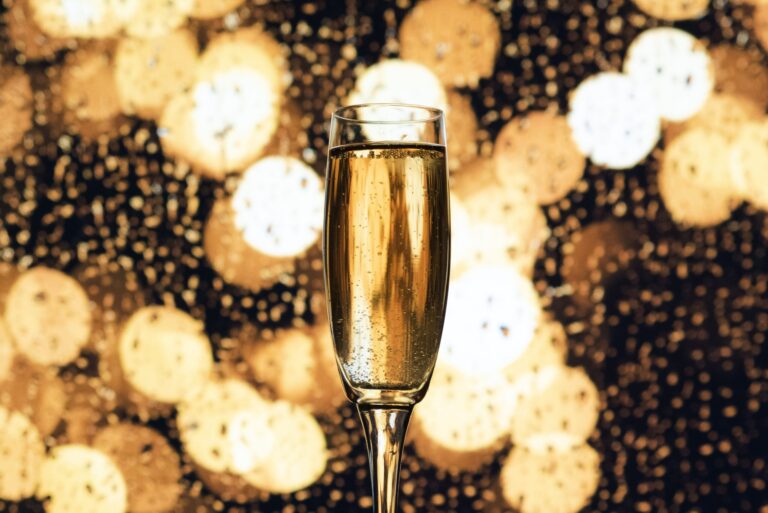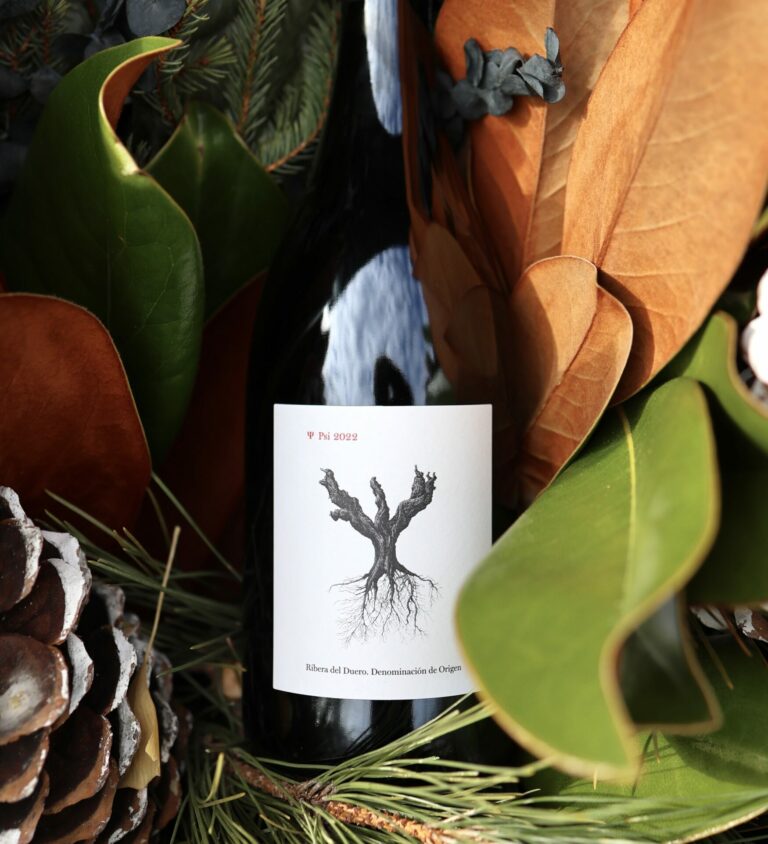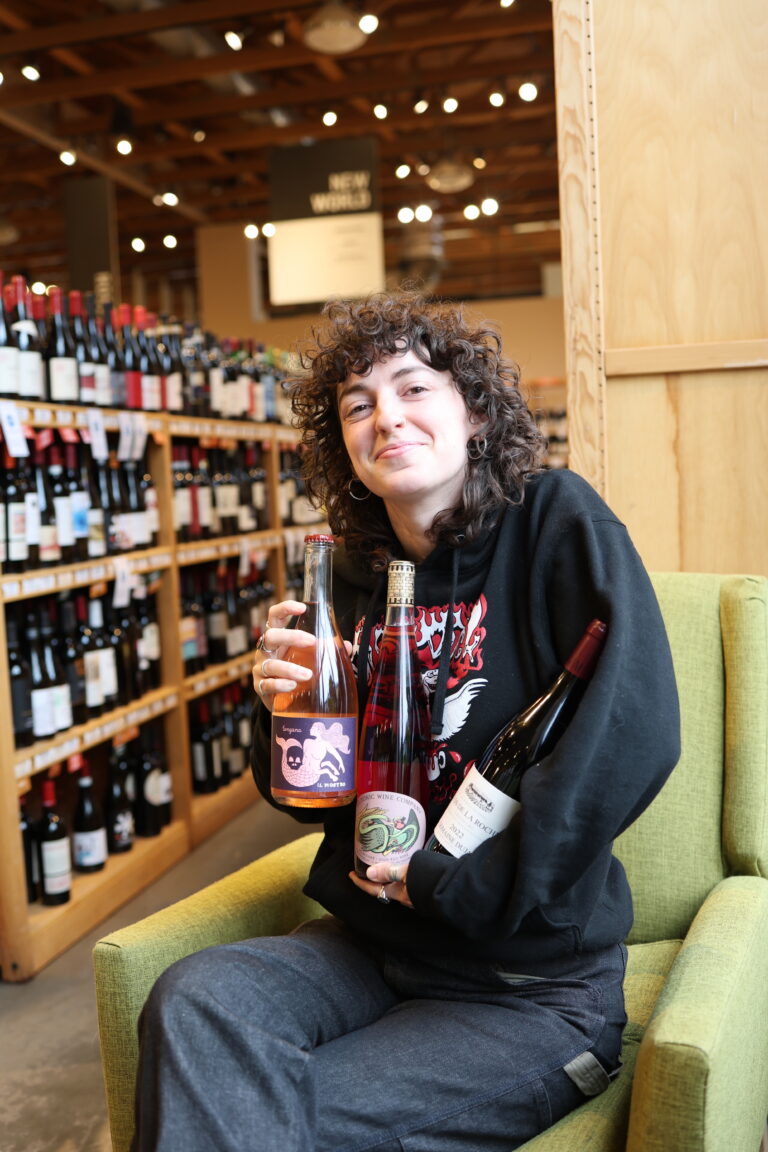Some questions that unite the news-reader and the wine-lover:
- When will this go bad?
- Will it survive until next week?
- Can I just forget about this for a few days and come back to it?
- How long before this just totally implodes on itself?
Wines, like humans, are alive. They react to their environment, change over time, and, with improper care, can turn sour. And, like many of us Minnesotans, wine can stay fairly content if it just lives in a dark, cool place with little interference from the outside world.
However, wines can’t spend their whole lives in the dark. They’ve got to be opened! They have to see the light, face the world, interact with other beings! And once this process has begun, they also have to be protected—for too much time in contact with the open air and the outside world will, inevitably, wreck a wine. Like many of us overexposed to the news cycle of 2019, a wine overexposed to air (specifically, to oxygen) will turn nasty, bitter, and cynical—no one will want to spend time with it!
At France 44, we’re doing our best to solve both problems. The answer to the human question is slightly more difficult to find, though we think we’re on the right track with community engagement, neighborhood happy-hours, and contented employees! The wine question, however, has found an elegant, simple solution—the RePour!
Some of you might be familiar with wine-preservation systems like the Vacu Vin and the CoraVin. The aim of these devices is to keep oxygen out of your bottle of wine, either by pumping it out or replacing it with an inert gas, respectively. While the CoraVin remains the industry standard for sampling a bottle of wine that you hope to keep sealed for a while longer, its price is well beyond what the casual wine-drinker often is looking for. The RePour Wine Saver has emerged as one of the best possible solutions for preserving a recently-opened bottle of wine. Shaped like rubber bottle-stopper, the RePour’s active ingredient neutralizes the oxygen in one 750ml bottle of wine—eliminating the oxygen from the air inside the bottle and keeping your wine fresh until you’ve emptied the bottle. When the bottle is finished, the RePour is done, too, and can be recycled alongside your glass bottles!
Finally, for an ancient solution to overexposed wine, check out the “orange” wines (white wines that have had extensive skin-contact) in our new Georgian wine section. A bottle like the Tchotiashvili Mtsvane Amber will go and go for almost a week, developing in beautiful, unexpected ways as it spends time in touch with the air. Actually, with a winemaking culture stretching back two-thousand years and a geopolitical situation that’s been topsy-turvy since paleolithic times, it might make sense to start asking some Georgians for advice about the overexposed-people problem, too.



